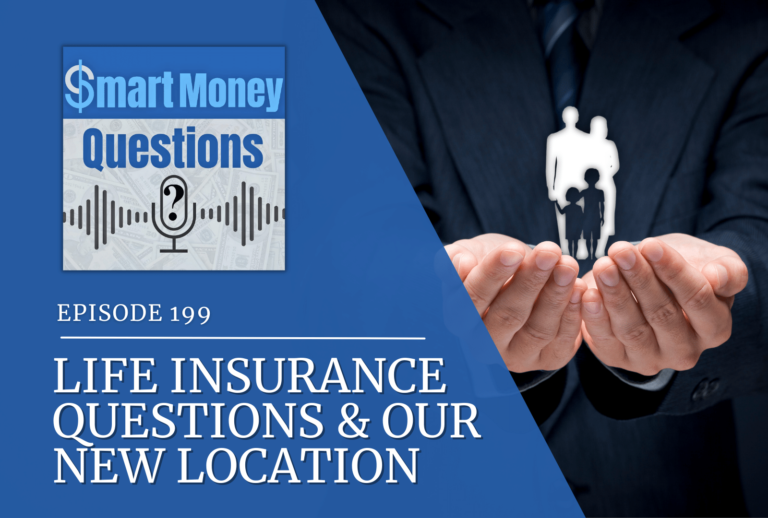Today’s Smart Money Question:
Legal documents are confusing and typically come with a lot of complex vocabulary. Matt sorts through the jargon and explains why they’re so important.
(Click the featured times below to jump forward in the episode)
Here Are Just A Handful Of Things You’ll Learn:
1:44 First Things First: We Are NOT Attorneys.
- Please oh please don’t take this as legal advice. This podcast is for informational purposes only. Okay, enough with the compliance talk…let’s proceed!
2:07 – Why This Podcast?
- Many of you will want to leave assets to your spouse, children, grandchildren, or perhaps a friendly stranger who helped you to cross the street. Estate planning is a complex part of retirement planning. It requires many legal documents, and we want you to be able to understand some of the terminology involved. We also want to make sure your assets pass on effectively and cost efficiently.
4:20 – Wills.
- We all understand the need for a will, but what is a will anyway? Basically, a will is the document that your attorney will present to the probate court upon your passing. That document will leave instructions on how to move your assets from your name into whoever you designate in your will. If you do not have a will, the court will determine how to disperse your assets. It’s important you have a will to outline your wishes for your wealth upon your death.
5:37 – Power Of Attorney.
- Power of attorney is you giving authority to some other person or multiple people to act on your behalf. You can designate the different types of activities they’re allowed to manage. That way, if something happens to you, or perhaps if you’re out of the country as decisions need to be made, you can allow someone to execute your wishes.
8:09 – Living Wills.
- A living will is a document that expresses what or what not to do in the event you experience some sort of medical issue. Definitive directions will aid your doctors, nurses, and other caretakers as they try to determine how to proceed. A living will also gives definitive direction to your agent acting on your behalf within the power of attorney. It’s basically a way of making sure every single question or issue that could arise is handled per your direction.
9:11 – Trusts.
- A trust bypasses the need for assets within the trust to go through probate. However, there are different types of trusts, and much like a will, you have to designate who gets what and how they get what. It’s best to be specific. The way you write your trust will determine how and if your assets go through probate.
12:08 – Beneficiary Forms.
- Different financial assets (IRAs, 401ks, etc…) are accompanied by beneficiary forms. You’re allowed to name your beneficiaries, and these are the people who will inherit these assets. It’s important to note that your beneficiary form bypasses probate and supersedes your will. Therefore, it doesn’t matter what your will says, your assets will go to whoever is listed on the beneficiary form. Make sure your beneficiary forms are updated.
The Answer:
Do You Have A Smart Money Question?
Ask Matt your smart money question. Click here.
More From Matt:
The host: Matt Hausman – Contact – Resources – Call: 610-719-3003
[iframe width=”560″ height=”315″ src=”https://www.youtube.com/embed/YRFHtTRgu2c?rel=0″ frameborder=”0″ allow=”autoplay; encrypted-media” allowfullscreen></iframe]

Subscribe To The “Smart Money Questions” Podcast:







